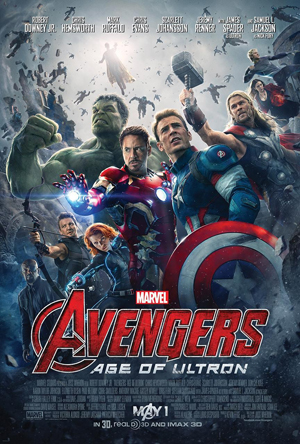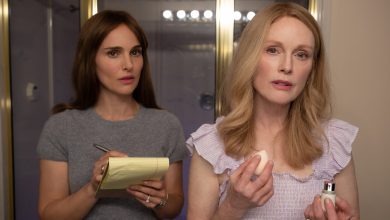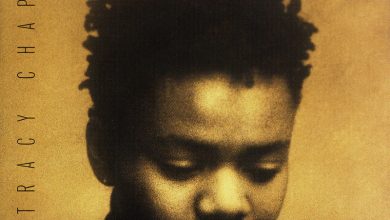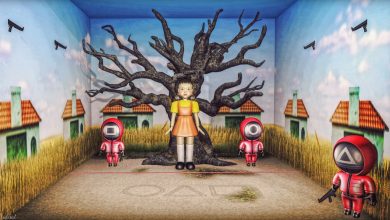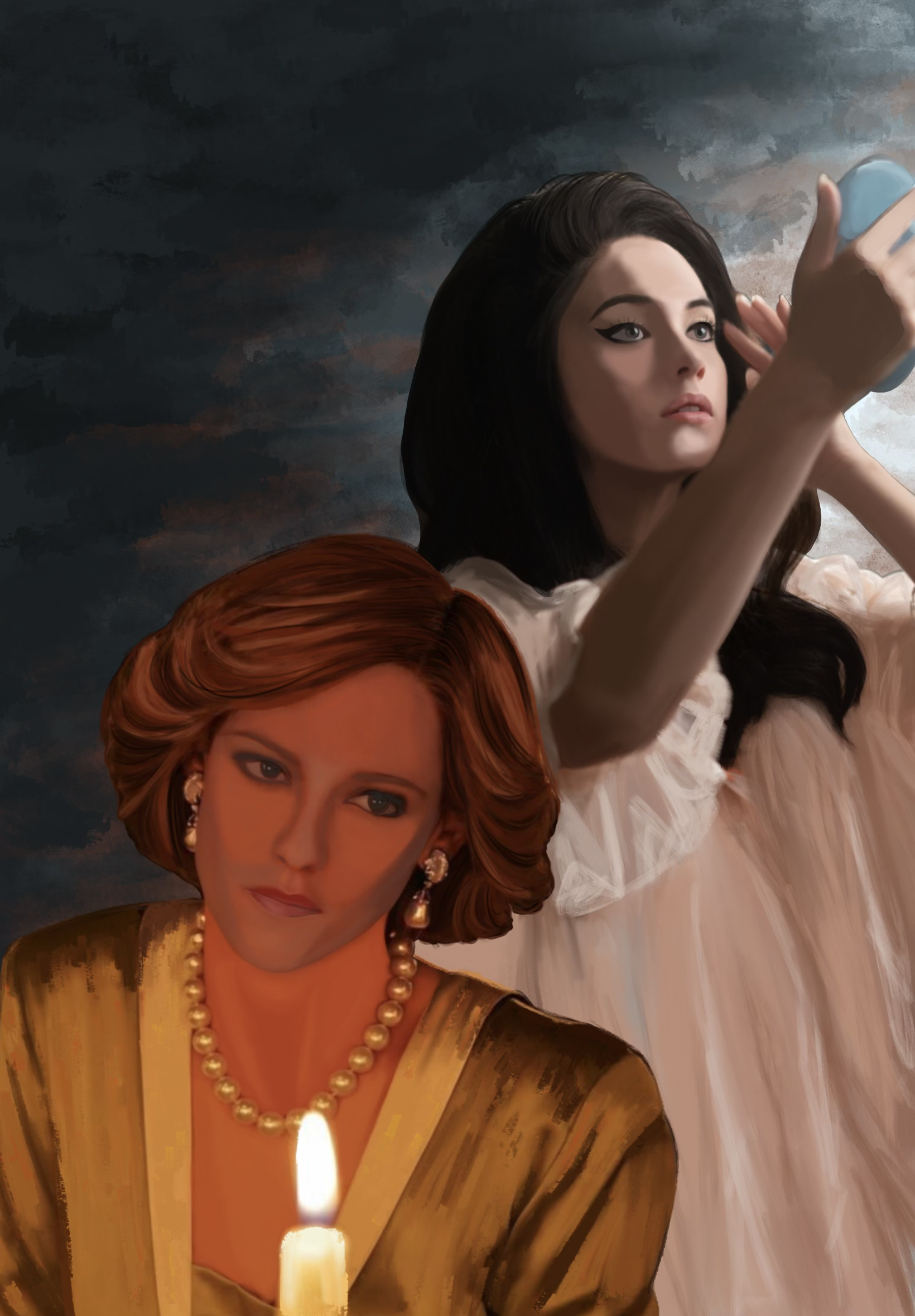Avengers: Age of Ultron — A Step Forward or Backward for Female Superheroes?
**Spoiler warning for Avengers: Age of Ultron
One of the most hotly anticipated movies of the year, Avengers: Age of Ultron, opened this weekend in the U.S. to impressive box office results. Because I’m an unapologetic geek, I was in the theater opening day with a group of friends and my Captain America t-shirt on, hoping to be blown away. Was I? In a word, no. I did enjoy the movie, but I came away with a list of positives and negatives that was just a bit too balanced for me to give Ultron a glowing review overall. This pro/con balance was especially noticeable in the characterization of our female Avengers, and it’s what I’ve chosen to focus on here.
Ultron has five main female characters with speaking roles. Of these, one was Clint Barton’s (aka Hawkeye) surprise wife, two others were high-ranking professionals (Maria Hill of S.H.I.E.L.D. and Dr. Helen Cho), and the final two are members of the Avengers’ superhero lineup, Black Widow and Scarlet Witch.
Black Widow, aka Natasha Romanoff, is a character fans of the Marvel Cinematic Universe know very well by now. From her cinematic debut in Iron Man 2 in 2010, Natasha has proven her character complexity: from an assassin to a spy to an Avenger, she has continually been an enigmatic and sympathetic character. Unfortunately, in Ultron, she gains another characterization facet, one that I believe was a step backward for Natasha. What happens to her, you may ask? She gets entangled in a romantic subplot.
Not that romance, even for Natasha, would’ve been a necessarily bad thing. It’s always nice to see the human side of these seemingly invulnerable superheroes, and Natasha, with her long and troubled past, could definitely benefit from a male side-piece. However, her romance with Bruce Banner, aka the Hulk, was both jarring in its unexpectedness and cringe-worthy in its degradation of Natasha’s character. Not only was there no build up in previous films to even allude to their eventual romance, but Natasha begins Ultron already enamored with Banner. Why? Have they even talked in the past three years since the Avengers originally formed and promptly disbanded? Have they gone on dates? Wasn’t she terrified of him during the first Avengers film? For a character as important as Natasha, the audience deserved backstory as to why she would suddenly want to abandon her goals and her previously stated mission with the Avengers to run away with a character we didn’t even know she had a positive relationship with.
Furthermore, to advance the trope of “two broken people made whole together,” Natasha reveals later in the film that she believes herself to be as monstrous as the Hulk—not because she was trained to kill people without remorse from a young age, but because she was forcibly sterilized during her time in the Red Room, where she was raised. This scene is my least favorite in the film, as its equating infertility to monstrosity is absurd. There were undoubtedly people in the sold-out showing I was in who were unable to biologically have children. It was incredibly insensitive and anti-feminist to suggest that women who cannot “naturally” reproduce are monsters who should be ashamed of it, especially since nobody counters Natasha’s opinion or ever discusses it again in the movie. It was Natasha’s characterization, particularly in this scene, which left the worst taste in my mouth when I left the theater.
On the bright side, we were introduced to the new Avenger Wanda Maximoff (aka Scarlet Witch), who, along with her brother Pietro (Quicksilver), made an entertaining team. Although the origin of these canonically Jewish Romani characters was certainly whitewashed (their volunteering for a neo-Nazi organization is problematic to say the least), Wanda is given a great character arc in the film that explores her rise to power. She has an impressive list of abilities, one of which is manipulating thoughts of her foes and creating dreams/nightmares from them. As the movie progresses, Wanda becomes an increasingly likeable character who eventually is brave enough to abandon the evil Ultron for the Avengers, culminating in her literally tearing Ultron’s heart out near the end of the film.
So, while we gained a wonderful female Avenger to add to our testosterone-stuffed lineup, Avengers: Age of Ultron didn’t do a whole lot to advance the role of women in superhero movies. Most of this has to do with its poor depiction of Natasha, which is extremely disappointing given her previously steady characterization in the Marvel Cinematic Universe. Therefore, while I did have a fun time watching this movie, I have to conclude that Ultron was ultimately lacking in the glow of its predecessors and failed to push female superheroes forward.

